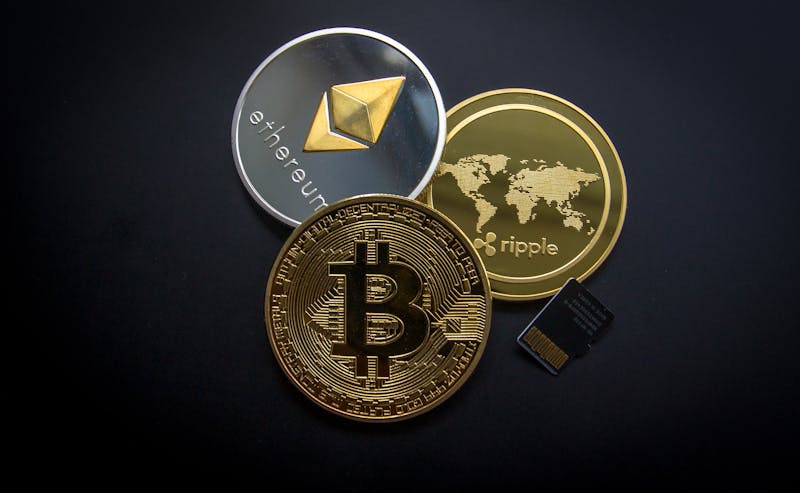What Is Cryptocurrency?
Cryptocurrency is a form of virtual currency built on cryptographic technology, designed for secure digital transactions. It operates independently of traditional financial systems, meaning it’s not managed by banks or overseen by government bodies. This decentralized nature, paired with blockchain technology, ensures transparency, speed, and global accessibility.
After the launch of Bitcoin in 2009, the digital asset landscape has grown significantly, introducing thousands of other cryptocurrencies tailored to various industries—ranging from finance and gaming to art and decentralized services.

What You Should Know About Cryptocurrency
- How It Works
Blockchain: Blockchain works like a shared digital logbook that keeps a transparent and unchangeable record of all transactions.
Mining: Powerful computers solve complex puzzles to confirm and add transactions to the blockchain.
Wallets: Software or hardware tools used to manage and store your digital coins securely.
- Most Popular Cryptos
Bitcoin (BTC): The original digital currency and still one of the most widely known in the crypto world.
Ethereum (ETH): A platform that supports smart contracts and decentralized applications.
Stablecoins (USDT, USDC): Designed to hold steady value by linking to fiat currencies like the U.S. dollar.
Altcoins: Tokens like Solana, Polygon, and Dogecoin that bring innovation and alternatives to mainstream coins.
- Real-World Uses
Sending funds internationally with low fees
Building diversified investment portfolios
Accessing NFTs and blockchain games
Participating in decentralized finance (DeFi) services
- Benefits
Speedy and cost-efficient global transactions
Eliminates the need for intermediaries
Strong encryption enhances transaction security
Open to anyone with internet access
- Risks
Unpredictable price fluctuations
Risk of fraud or scams in unregulated markets
Shifting global regulations
Some platforms can be challenging for beginners to navigate
FAQs About Cryptocurrency
Q1: Is it legal?
Yes, it’s allowed in many regions, although specific rules and restrictions vary from one country to another.
Q2: Can I buy crypto easily?
Definitely. Many platforms accept debit/credit cards, bank transfers, or even PayPal for purchasing.
Q3: Is it safe to invest?
Crypto investments can be rewarding, but they’re also risky. Always research thoroughly and never invest more than you’re willing to lose.
Q4: How do I store it?
Use digital wallets—either hot (connected to the internet) for ease or cold (offline devices) for added security.
Q5: Is crypto taxed?
In most countries, profits earned through cryptocurrency are subject to taxation.
Q6: Will crypto replace traditional money?
Not quite yet, but it’s already playing a growing role in global transactions and digital innovation.
Conclusion: Embracing the Digital Currency Revolution
Beyond being a form of online currency, crypto represents a shift toward more open, tech-driven financial systems. While challenges remain, the potential for transformation is enormous. Whether you’re exploring out of curiosity or planning to invest, getting familiar with cryptocurrency now can position you ahead of the curve in this digital financial evolution.

82vwbc